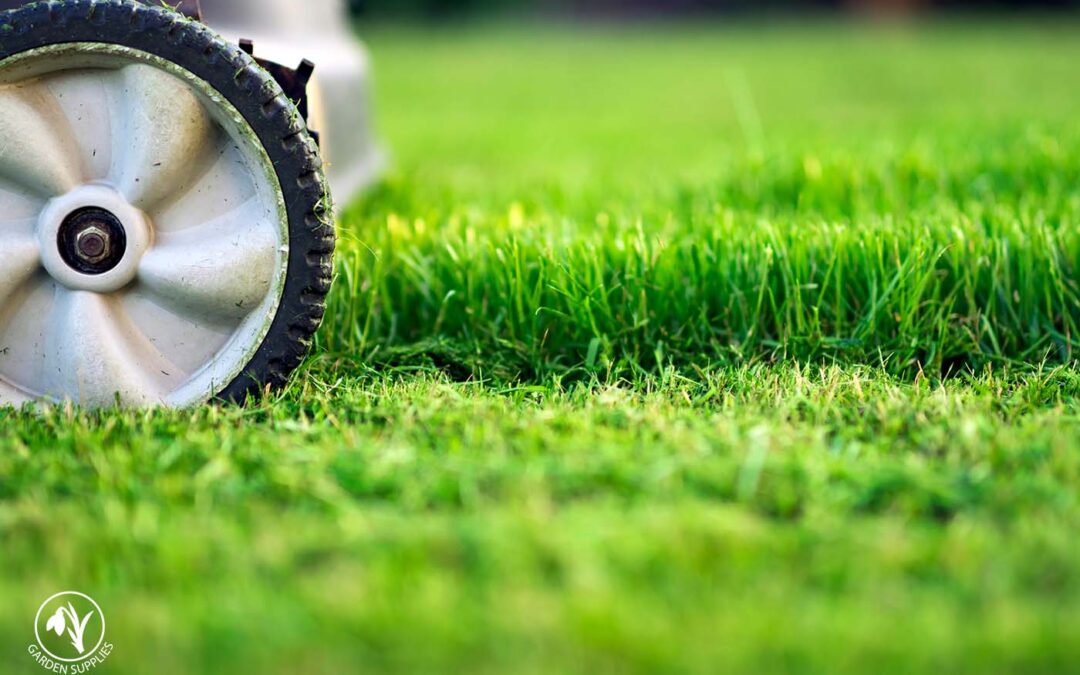No Mow May is upon us; this year we are seeing a national campaign underway to carry on encouraging people not to whip the lawnmower out and go to town on their gardens. The campaign has been designed as a way for garden lovers to boost the nectar and flowers available to pollinating insects that we find in the UK such as butterflies, bees, and moths. At the end of May, anyone participating in the campaign will be invited to individually record the flowers that have subsequently grown in their garden with an Every Flower Counts survey.
Why you should get involved
If you’re interested in boosting the diversity of wildlife in your garden, then this campaign is definitely for you. Previous campaign research has shown that even just mowing your lawn less often than you already do can provide adequate nectar sugar for a whopping ten times the number of butterflies, beetles, moths, bees, and various other pollinators that frequent your garden! The results from the previous year indicate that gardeners who participated reported up to 250 different species of plants flowering in their gardens, including wild strawberry, wild garlic, rare meadow flower snakeshead fritillary and declining orchids.
Our lawns can often be deserts for flowers and insects, under very tight control and suffering from a lack of freedom because of our detrimental weed removal and regular mowing habits. Left to its own devices, however, our gardens will turn those ordinary weeds into ones that provide vital food for our fellow garden-dwelling creatures. Dandelions, for example, are a fantastic superfood for butterflies and bees alike. Although they are outnumbered by daisies in an 85 to 1 ratio on a typical garden lawn of 100m2, they can produce 9% of the total pollen of the lawn and 37% of the overall sugary nectar.
Providing the required food for our garden pollinators is absolutely critical to their continued survival. In the past 70 years, the UK has lost an unbelievable 97% of wildflower meadows, with insects also in a massive decline in recent years, and butterfly species in particular down by at least half since 1976. As many as 13 species of bee are also extinct. Studies recently conducted found that rural honeybees have to fly much further than previously thought to find adequate food when compared to their urban counterparts. This suggests that wildflowers are far less abundant than those grown in the urban gardens of built-up areas.
Why May?
Traditionally, this time of the year is when the soils in our gardens are just warm enough for our grasses to really start shooting rapidly up. Most gardeners are very keen to get mowing and transform their scraggly outdoor area into a thriving garden. A 2019 survey from Plantlife found that most of us cut our garden grass every couple of weeks. Just hold off from cutting it just a bit longer, and you can give our favourite British pollinators – and the wildlife who eat them – some much-needed improvement.
How to take part
Firstly, register yourself on the No Mow May website, then leave your lawnmower in the shed for the entirety of May. From 23rd of May to 31st of May, choose a square metre of your garden at random and count the number of flowers within it. Upload your results to Plantlife’s web page Every Flower Counts.
You will receive a Personal Nectar Score that shows how much nectar is being produced by the flowers populating your garden and how many bees this can support.
Garden Supplies are a family run business delivering sustainable garden supplies right to your door. We have been serving clients in and around Gloucester since 1991. Based in North Nibley, we specialise in supplying and delivering sustainable products for Horticultural, Agricultural and Domestic use, combined with selective associated services. If you want more information about our products and services, take a look at our website gardensuppliesglos.co.uk or give us a call on 01453 547299 – we’d be happy to hear from you!

